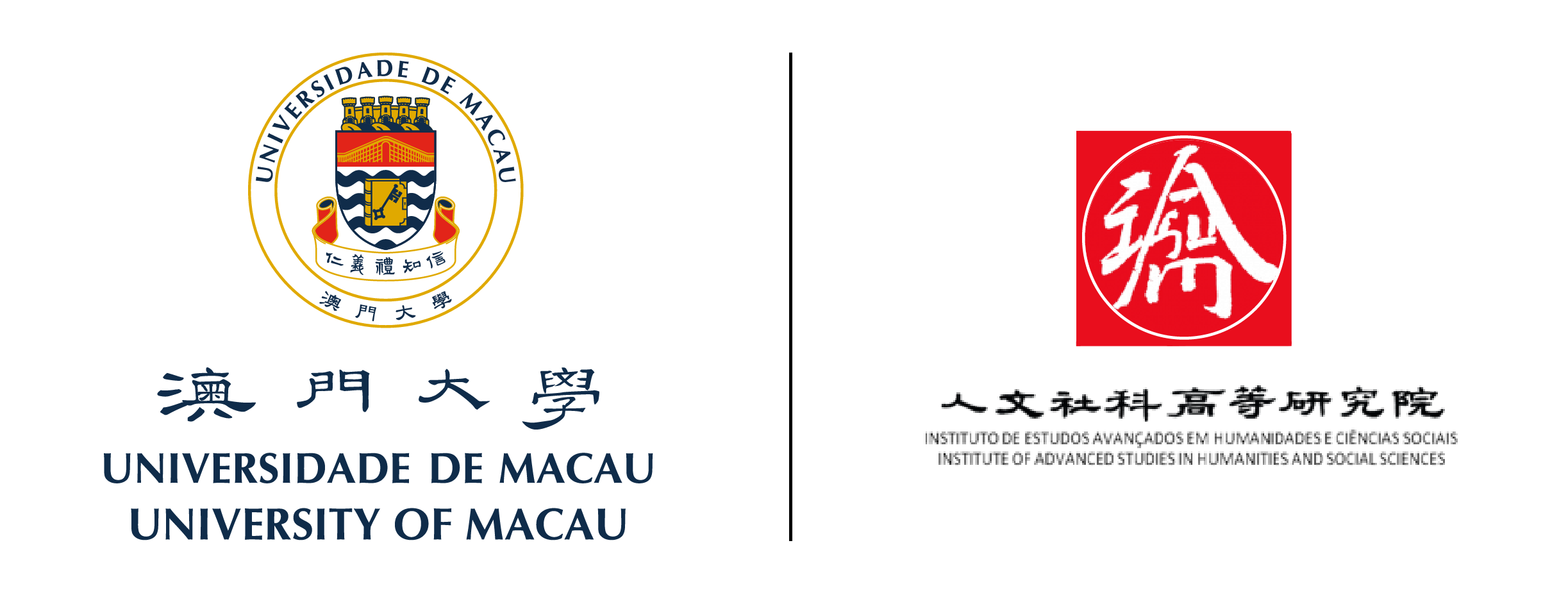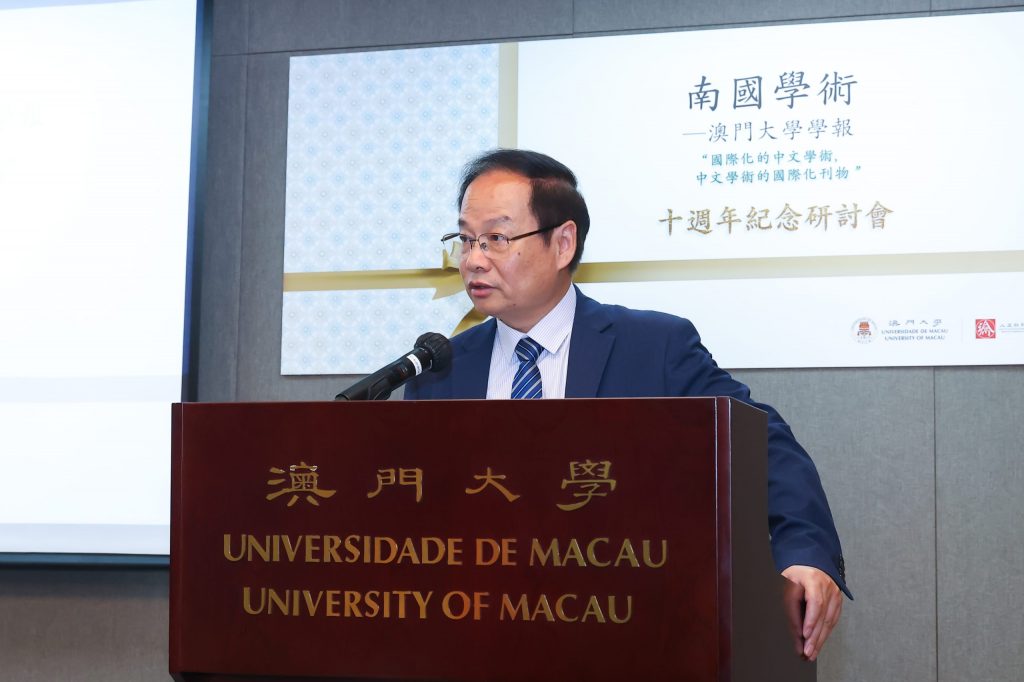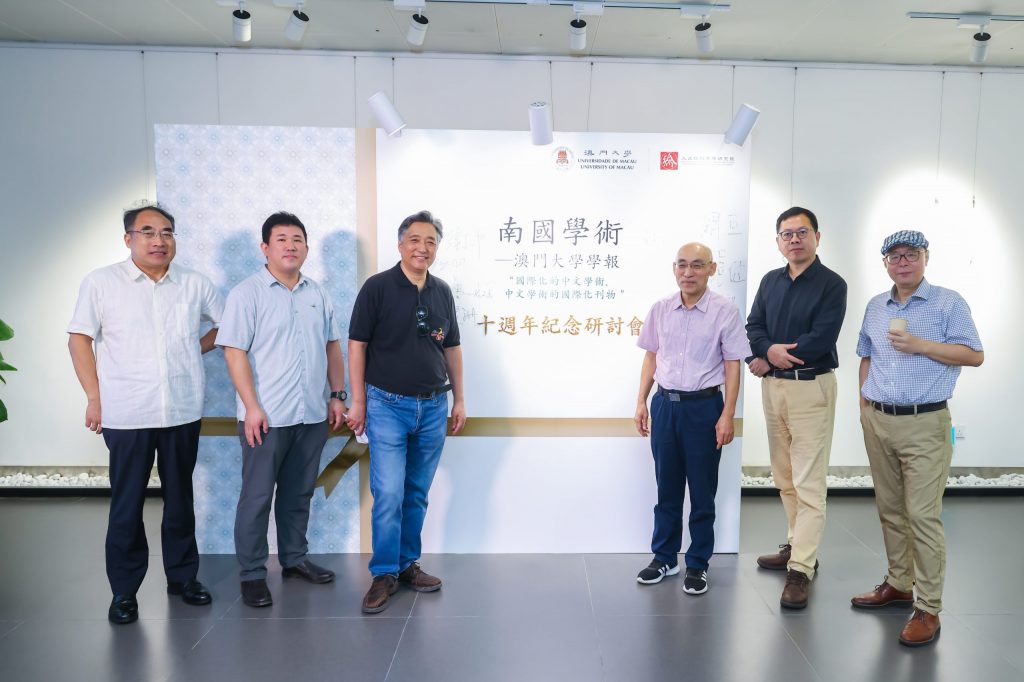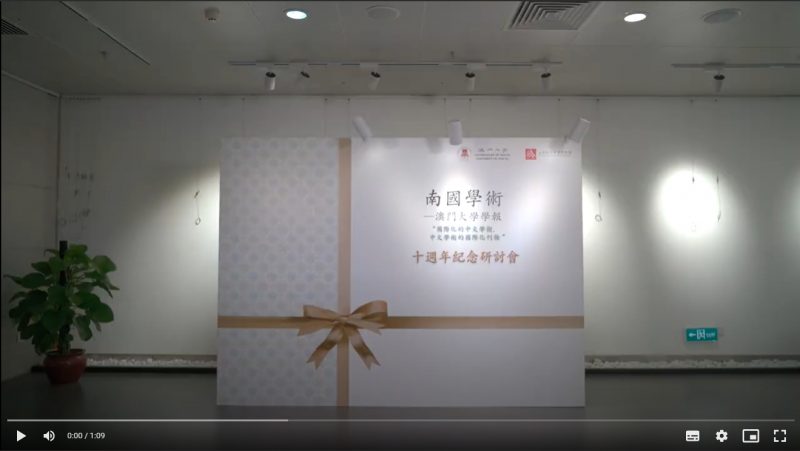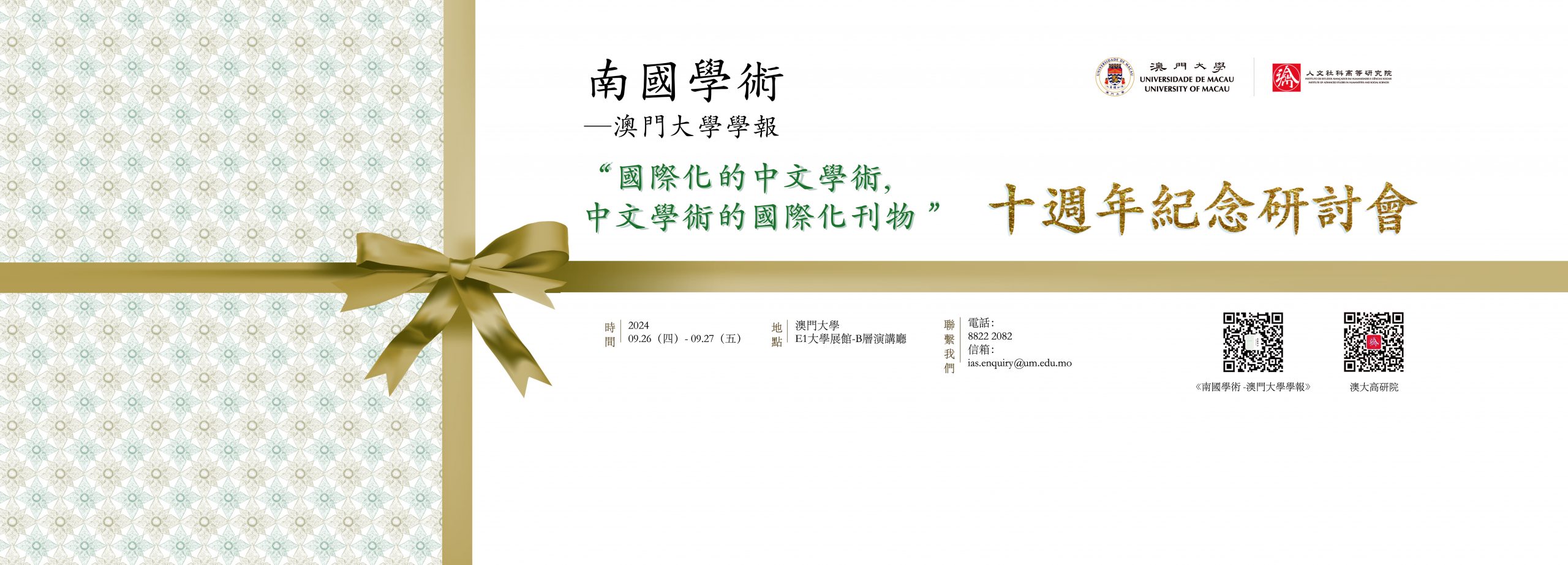
From September 26 to 27, the 10th anniversary symposium of the ” South China Quarterly – Journal of University of Macau” was hosted by the Institute of Advanced Studies in Humanities and Social Sciences (IAS) at the university gallery (E1). Experts and scholars from institutions such as the Chinese Academy of Social Sciences, Tsinghua University, Renmin University of China, Shandong University, and Sun Yat-sen University, as well as those from within the university, attended the symposium and participated in themed discussions.
As 2024 marks the 10th anniversary of the journal’s founding, the challenge faced is how to continue and innovate, creating an international journal with more distinct characteristics and higher academic standards. The symposium, themed “Making Chinese scholarship global. An international journal for the Chinese academic community.” responded to this challenge.
Vice Rector Ge Wei affirmed the journal’s positioning, philosophy, and development strategy in his opening speech: “As a university journal using Chinese as an international academic language, South China Quarterly’ advances alongside and complements the university’s policies of internationalization.” He expressed hope for the journal’s future, wishing it to continue embodying the “craftsmanship spirit of meticulous writing” and become an academic hallmark of the University of Macau, contributing continuously to the international Chinese academic community.
Professor Lin Shaoyang, as the chief editor representing the editorial team, reviewed the journal’s past, summarized recent reforms in its operational model and editorial system, and explained the profound meaning of ” Making Chinese scholarship global. An international journal for the Chinese academic community.”
Experts and scholars from within and outside the university shared insights from academic perspectives and work experiences, discussing the problems and challenges encountered in running journals and offering insightful discussions on achieving “internationalization” and “interdisciplinarity.” Building an international Chinese academic community and advancing the internationalization process of Chinese scholarship is not only the journal’s philosophy but also the direction for long-term efforts in the future.

